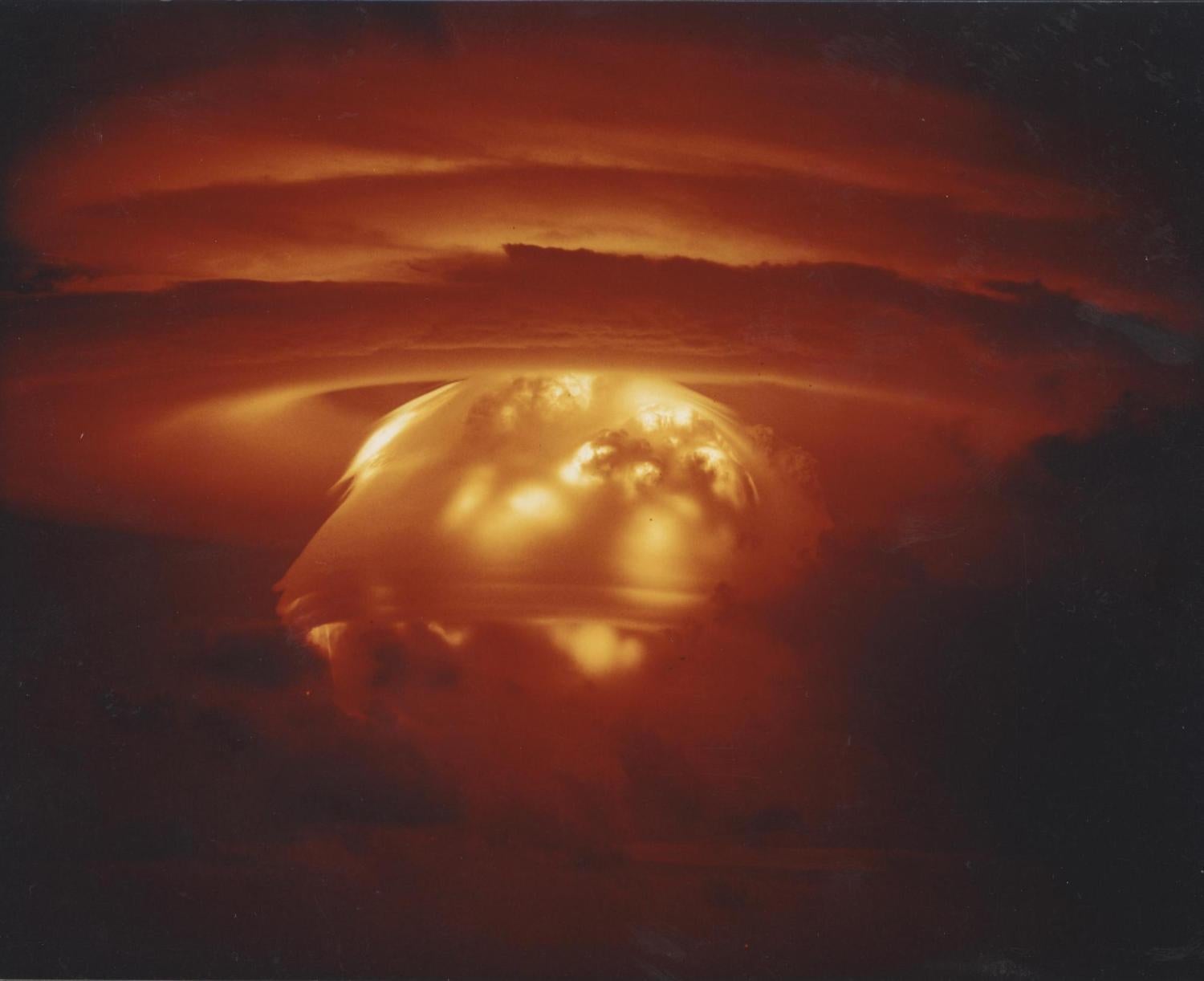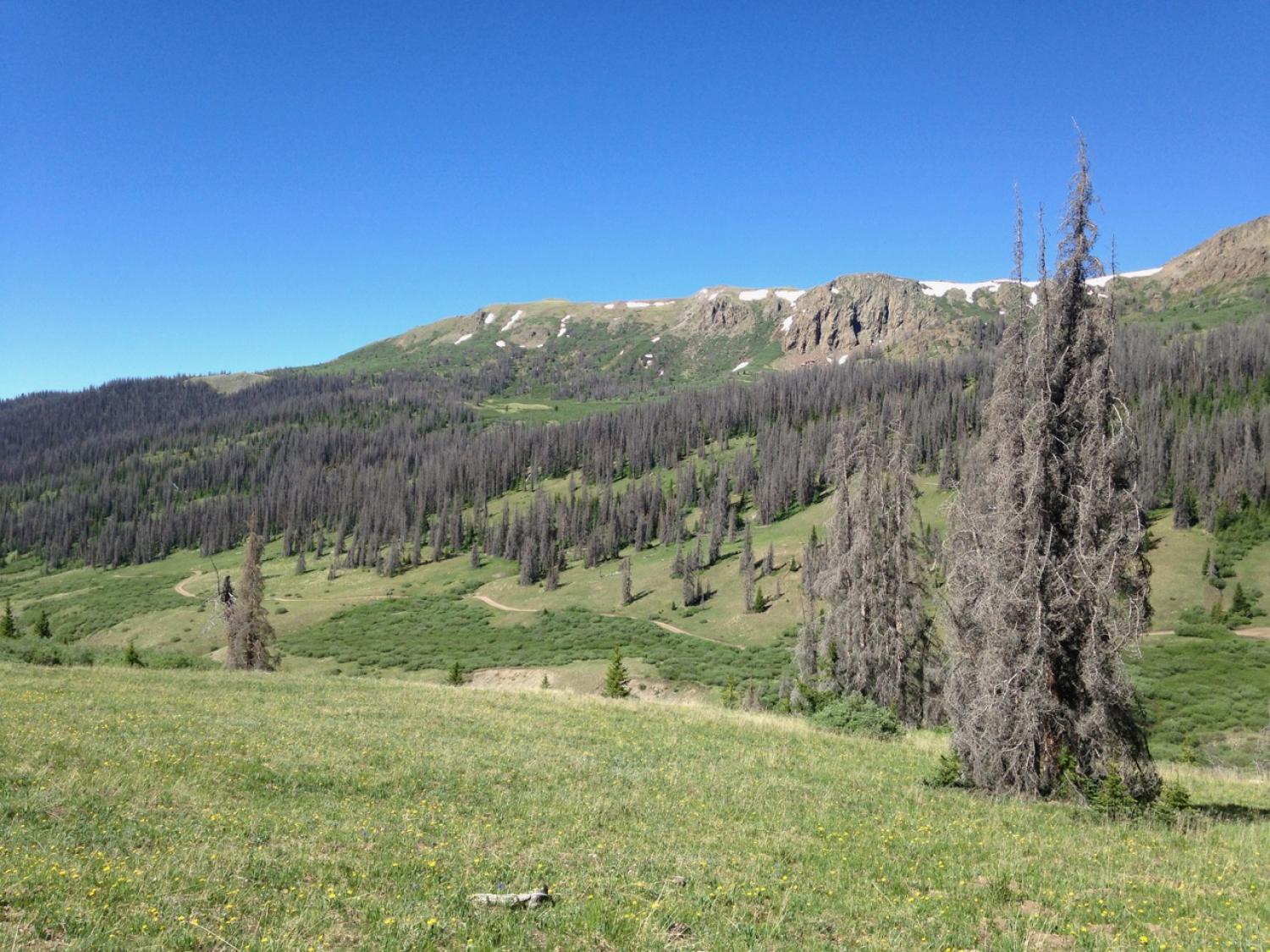How social media makes breakups worse, nuclear war and our oceans, bark beetle outbreaks in the state’s beloved forests—here are the CU research highlights you need to know.
How social media makes breakups that much worse
Before social media, breakups still sucked, but it was much easier to get distance from the person. So how can you rid your online life from reminders of love lost?
What we learned:
- Researchers conducted in-depth interviews with Facebook users who had experienced unpleasant encounters with exes on the platform.
- Unfriending, untagging, blocking, Take a Break and other tools didn’t always prevent hurtful reminders from popping up.
- Prior research shows distance from an ex can help hasten recovery from a breakup, but social media makes distance hard to get.
First-of-its-kind study examines toll of nuclear war on world’s oceans
A new study finds that a nuclear war could throw the world's ocean chemistry for a loop—and coral reefs could pay the price.
What we learned:
- A new study takes the first look at how the detonation of nuclear weapons might affect the chemistry of the world's oceans.
- The researchers discovered that a nuclear war could change rates of ocean acidification across the globe and reduce the supply of carbonate molecules in salt water.
- Such shifts could make it more difficult for organisms such as corals and oysters to maintain their hard exteriors, spelling trouble for many underwater ecosystems.
Forests bouncing back from beatles, but elk and deer slowing recovery
New research reveals that even simultaneous bark beetle outbreaks are not a death sentence to the state’s beloved forests.
What we learned:
- Southern Rocky Mountain forests are capable of recovering from two simultaneous bark beetle outbreaks affecting different tree species.
- Warmer and drier conditions caused by climate change are increasing bark beetle outbreaks.
- Elk and deer are a main concern for forests recovering from bark beetle outbreaks.



